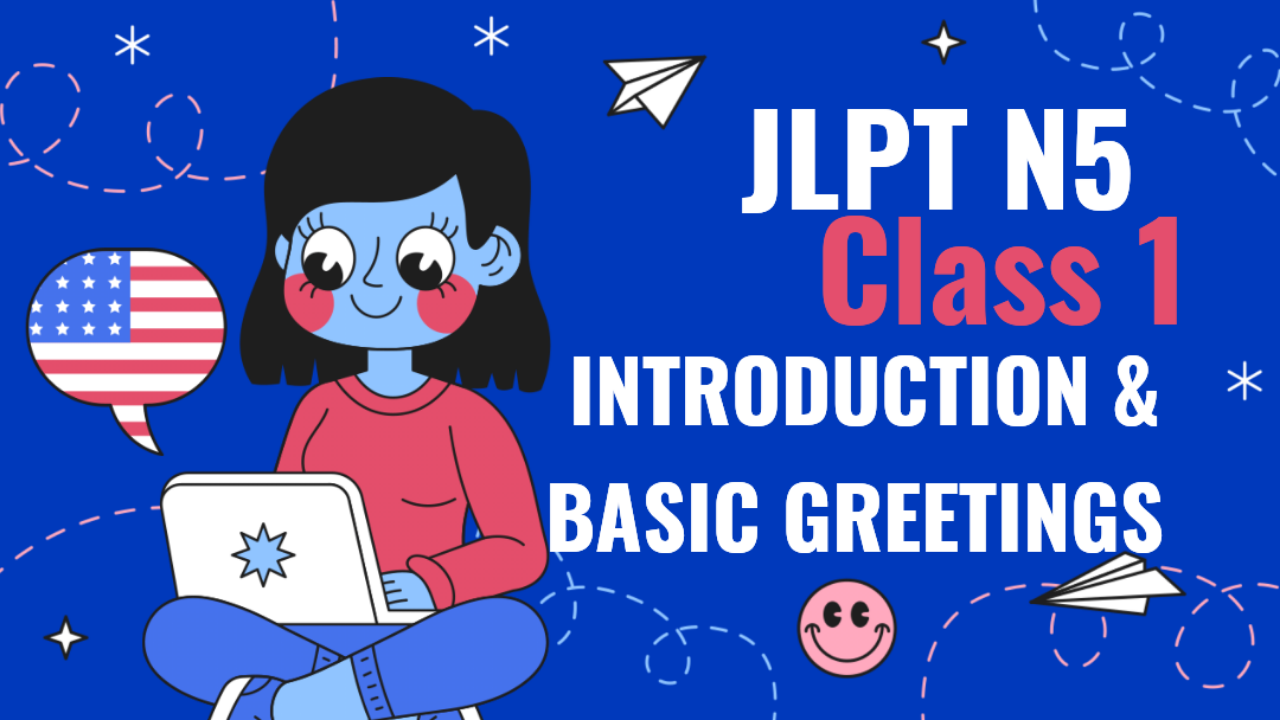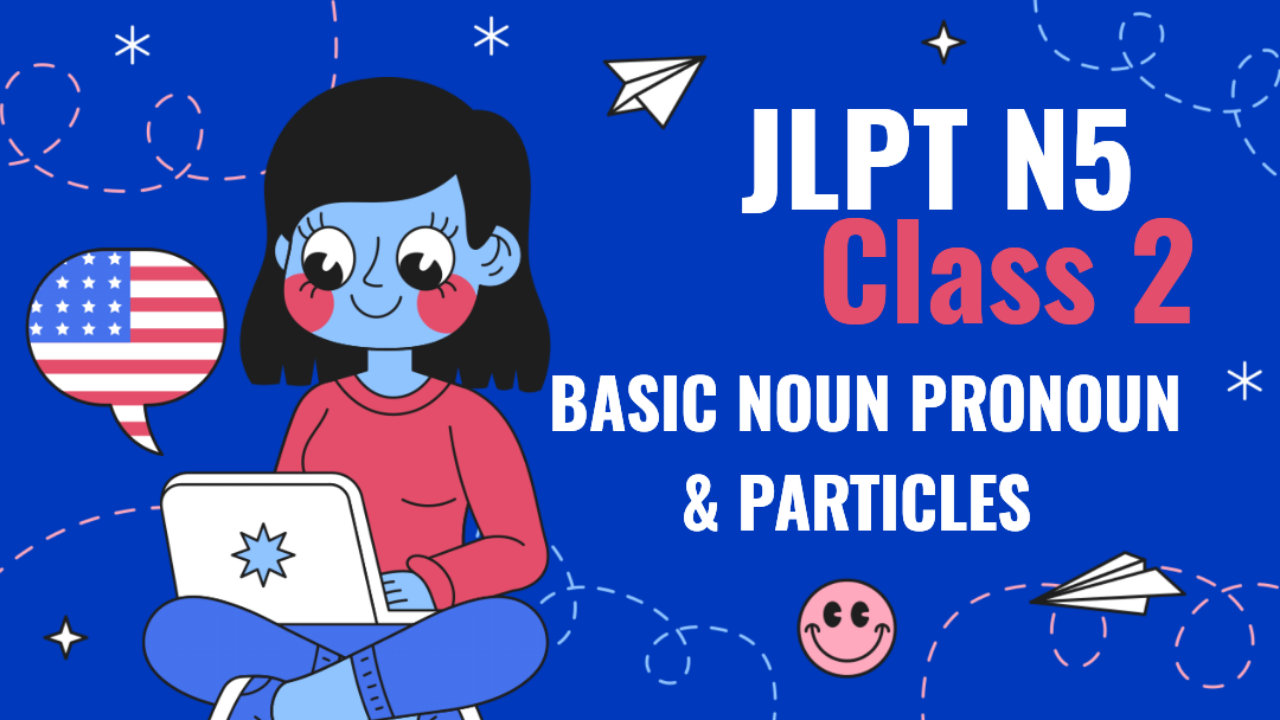Minna no Nihongo - Unit 12 Overview
Unit 12 focuses on describing weather, conditions, and physical states. You will learn how to talk about weather and your own physical condition (feeling sick, hot, cold, etc.), and practice expressing likes, dislikes, and conditions.
1. Vocabulary (たんご)
This unit introduces key vocabulary for describing weather and physical states:
- あたたかい (atatakai) – warm
- すずしい (suzushii) – cool
- あつい (atsui) – hot (temperature)
- さむい (samui) – cold (weather)
- あまい (amai) – sweet
- からい (karai) – spicy
- おもい (omoi) – heavy
- かるい (karui) – light
- おおい (ooi) – many, a lot (of people)
- すくない (sukunai) – few, a little (people)
- つかれました (tsukaremashita) – tired
- いい (ii) – good
- わるい (warui) – bad
- てんき (tenki) – weather
- あめ (ame) – rain
- ゆき (yuki) – snow
- くもり (kumori) – cloudy
- くうこう (kūkō) – airport
- うみ (umi) – sea
- パーティー (pātī) – party
- おまつり (omatsuri) – festival
- しけん (shiken) – examination
- しごと (shigoto) – work
- はじめて (hajimete) – for the first time
2. Grammar Points (ぶんぽう)
A. Using おおい and すくない
-
おおい (ooi) and すくない (sukunai) are used to express a large or small quantity of something.
Structure:
- [Noun] が おおい/すくない です。
Example:
- ひとが おおい です。 (Hito ga ooi desu.) – There are many people.
- ひとが すくない です。 (Hito ga sukunai desu.) – There are few people.
-
When talking about an event, use おおい/すくない after the subject.
Example:
- この まつりは ひとが おおい です。 (Kono matsuri wa hito ga ooi desu.) – There are many people at this festival.
B. Expressing good and bad with いい and わるい
-
Use いい (ii) to say something is good or favorable.
Structure:
- [Noun] は いい です。
Example:
- てんきは いい です。 (Tenki wa ii desu.) – The weather is good.
-
Use わるい (warui) to express that something is bad.
Structure:
- [Noun] は わるい です。
Example:
- てんきは わるい です。 (Tenki wa warui desu.) – The weather is bad.
C. Expressing Physical Conditions
To talk about physical states or conditions, use the structure [Adjective] です or つかれました (tsukaremashita).
-
つかれました (tsukaremashita) – I’m tired.
Example:
- きょうは たくさん しごとを しましたから、つかれました。 (Kyō wa takusan shigoto o shimashita kara, tsukaremashita.) – I worked a lot today, so I’m tired.
D. Talking About Preferences
To express what you like or dislike, use the following structure:
-
[Noun] が すきです。 – I like [noun].
- すき (suki) – like
Example:
- りんごが すきです。 (Ringo ga suki desu.) – I like apples.
-
[Noun] が きらいです。 – I dislike [noun].
- きらい (kirai) – dislike
Example:
- トマトが きらいです。 (Tomato ga kirai desu.) – I dislike tomatoes.
E. Weather Expressions
-
[Noun] は [Adjective] です。 is used to describe weather conditions.
Example:
- きょうは さむい です。 (Kyō wa samui desu.) – It’s cold today.
- あしたは あつい です。 (Ashita wa atsui desu.) – Tomorrow will be hot.
-
Specific weather terms:
- あめ (ame) – rain
- ゆき (yuki) – snow
- くもり (kumori) – cloudy
- はれ (hare) – sunny
F. Expressing Time Duration with 〜じかん
To talk about how long something takes or lasts, use じかん (jikan), which means "hours," after the number.
-
[Number]じかん – [Number] hours
Example:
- しごとは 3じかん かかりました。 (Shigoto wa san-jikan kakarimashita.) – Work took three hours.
G. Expressing Reasons with から
Use から to explain the reason for something.
-
[Reason] から、[Result]。
Example:
- あついですから、うみへ いきます。 (Atsui desu kara, umi e ikimasu.) – Because it's hot, I'm going to the sea.
3. Example Sentences
- あしたは あたたかい です。 (Ashita wa atatakai desu.) – Tomorrow will be warm.
- きょうは てんきが わるい です。 (Kyō wa tenki ga warui desu.) – The weather is bad today.
- おまつりは たのしい ですから、いきます。 (Omatsuri wa tanoshii desu kara, ikimasu.) – The festival is fun, so I’ll go.
- わたしは りょうしんが すきです。 (Watashi wa ryōshin ga suki desu.) – I like my parents.
4. Practice Sentences
- きょうは さむい です。 (Kyō wa samui desu.) – It’s cold today.
- あしたは あめが ふります。 (Ashita wa ame ga furimasu.) – It will rain tomorrow.
- パーティーは おおい ひとが います。 (Pātī wa ooi hito ga imasu.) – There are many people at the party.
- つかれましたから、はやく ねます。 (Tsukaremashita kara, hayaku nemasu.) – I’m tired, so I’ll go to bed early.
5. Summary
Unit 12 focuses on describing weather, physical conditions, and preferences. You will practice using adjectives like あたたかい (warm), あつい (hot), つかれました (tired), and how to express like (すき) and dislike (きらい). You also learn to describe weather using specific vocabulary and practice talking about the reasons for actions using から.





















